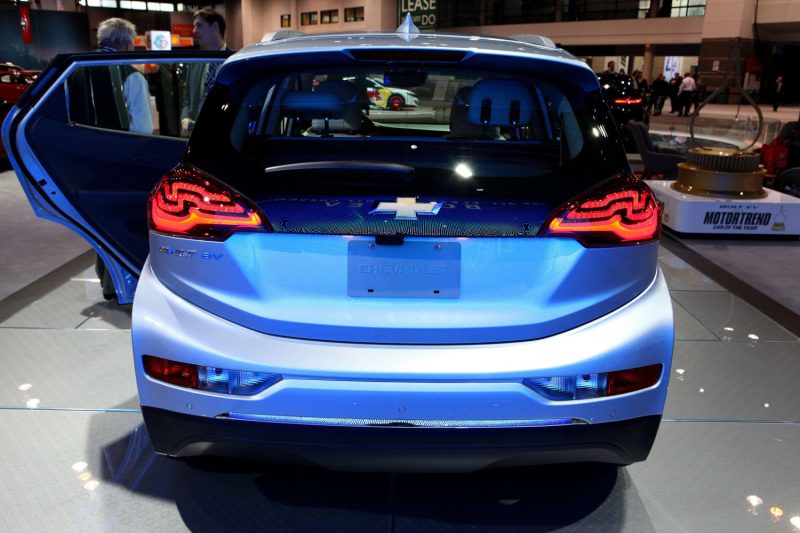The recent Class Action Lawsuit settlement regarding Chevy Bolt electric vehicles marks a significant victory for affected owners. The litigation was initiated due to persistent issues related to faulty batteries in these vehicles, which posed safety concerns and financial burdens for the consumers. The resolution of this case brings relief to the owners who have been grappling with these problems for an extended period. The compensation in the form of settlement checks aims to address the inconvenience and hardships endured by the owners. This outcome underscores the importance of consumer protection and holding manufacturers accountable for delivering safe and reliable products.
The faulty batteries in the Chevy Bolt vehicles not only raised safety apprehensions but also impacted the overall performance and usability of the cars. Owners reported incidents of sudden power loss, decreased driving range, and concerns about potential fire risks associated with the defective batteries. Such issues not only compromised the driving experience for the customers but also raised questions about the quality standards maintained by the manufacturer. The Class Action Lawsuit provided an avenue for the affected owners to voice their grievances collectively and seek legal recourse to address these issues effectively.
One of the crucial aspects of the settlement is the provision of financial compensation to the Chevy Bolt owners. The distribution of settlement checks aims to reimburse the owners for the expenses incurred in rectifying the battery-related problems and mitigating the associated risks. Additionally, the compensation serves as a form of restitution for the inconvenience and disruptions caused by the vehicle’s performance issues. By receiving settlement checks, the owners can recoup some of their losses and move forward with greater peace of mind regarding their vehicle’s safety and reliability.
Moreover, the successful resolution of the Class Action Lawsuit highlights the significance of legal mechanisms in safeguarding consumer rights and ensuring accountability in the automotive industry. The case serves as a reminder to manufacturers regarding their responsibility to deliver products that meet quality and safety standards. It also emphasizes the role of regulatory bodies in monitoring and addressing product defects to protect consumer interests. The outcome of this litigation sets a precedent for holding manufacturers accountable for product flaws and providing adequate redress to affected consumers.
In conclusion, the settlement of the Class Action Lawsuit concerning faulty batteries in Chevy Bolt electric vehicles represents a significant milestone in addressing consumer grievances and upholding accountability in the automotive sector. The provision of settlement checks to the affected owners not only offers financial relief but also underscores the importance of ensuring product quality and safety standards. The resolution of this case serves as a testament to the effectiveness of legal recourse in protecting consumer rights and holding manufacturers accountable for product defects. It is a step towards fostering transparency, reliability, and consumer trust in the automotive industry.
